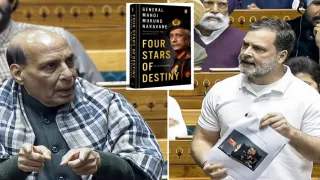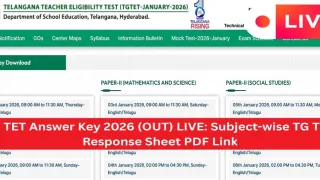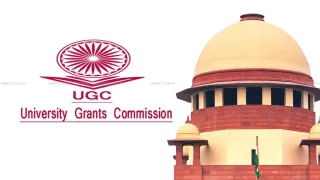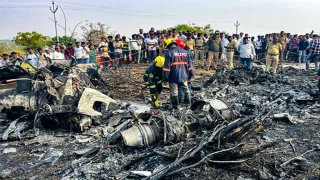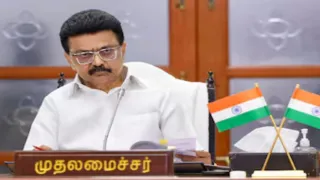In a move reflecting the spirit of communal harmony and cooperation, the Maharashtra government has officially announced a shift in the Eid-e-Milad holiday for Mumbai, changing the date from September 16 to September 18, 2024. The decision, made public through an official notification released on Friday, addresses the concerns of the Muslim community over a possible overlap with the Hindu festival of Anant Chaturdashi.
Reason for the Adjustment
The adjustment comes in response to the overlapping of two significant festivals: Eid-e-Milad and the Ganpati immersion ceremonies that follow Anant Chaturdashi on September 17. The notification from the Maharashtra government reads, 'Among the 24 public holidays notified by the State Government, the Eid-e-Milad holiday is indicated on Monday, September 16, 2024. Eid-e-Milad, a religious festival of Muslims, is widely celebrated by the Muslim community on a large scale. A procession program is organised on this occasion. On Tuesday, September 17th, 2024, since there is the Hindu festival of Anant Chaturdashi, to maintain peace and social harmony between the two communities, the Muslim Community has decided to organise the procession program on Wednesday, 18th September 2024.'
This adjustment aims to ensure that both communities can observe their traditions without disruption, a vital step towards maintaining communal peace in the city. Ganpati immersion, known for its grandeur and public involvement, could have clashed with Eid processions, prompting the rescheduling of the Muslim festival to September 18.
The government's notification allows district collectors outside Mumbai City and Mumbai Suburbs to decide whether to keep the holiday on September 16 or shift it to September 18, depending on local procession schedules. This provision ensures that local traditions and processes are respected, while also providing room for necessary adjustments in different parts of the state.
The move comes after Maharashtra Congress leader Naseem Khan urged Chief Minister Eknath Shinde to consider shifting the holiday. Khan emphasized the importance of communal harmony, stating, 'Anant Chaturdashi falls on September 17, and members of the Muslim community have decided to take out Eid-e-Milad processions on September 18 so that both festivals can be celebrated with pomp and gaiety.'
Maharashtra's local decision on the Eid holiday
The Muslim community’s decision to shift the date shows their commitment to maintaining harmony with the Hindu community during a time of heightened celebrations. Deputy Commissioner of Police (Zone 1) Pankaj Dahane commended the cooperation, stating, 'Just like last year, this year too, the Muslim community has volunteered to reschedule their religious activities so that the immersion process takes place smoothly. It is a remarkable display of unity and co-existence by the communities.'
This shift mirrors a similar arrangement from the previous year, further strengthening the ongoing tradition of peaceful co-existence in Maharashtra’s diverse religious landscape.
The shift in the Eid-e-Milad holiday has broader implications for public and financial services. The Reserve Bank of India (RBI) has confirmed that there will be no transactions or settlements in government securities, forex, and money markets on September 18, 2024, aligning with the new public holiday date. This announcement ensures that businesses and the financial sector can plan accordingly.
Significance of Eid-e-Milad
Eid-e-Milad, or Eid-e-Milad-Un-Nabi, celebrates the birth of Prophet Muhammad, an event of profound significance in Islamic culture and history. Traditionally marked by processions, prayers, and community celebrations, Eid-e-Milad is an important time for the Muslim community to reflect on the teachings of the Prophet and the values of peace, compassion, and unity.
While typically celebrated on September 16, the date of the festival is subject to the lunar calendar, allowing flexibility in its observance. The rescheduling of this year’s celebrations highlights the Maharashtra government’s proactive approach to fostering peace and ensuring that different communities can observe their religious practices without conflict.
The decision to shift the Eid-e-Milad holiday in Mumbai is a testament to Maharashtra’s commitment to maintaining communal harmony and respecting the traditions of all its communities. By working together and adjusting schedules, Muslim and Hindu communities can celebrate their festivals without disruption, underscoring the strength of unity in diversity.















